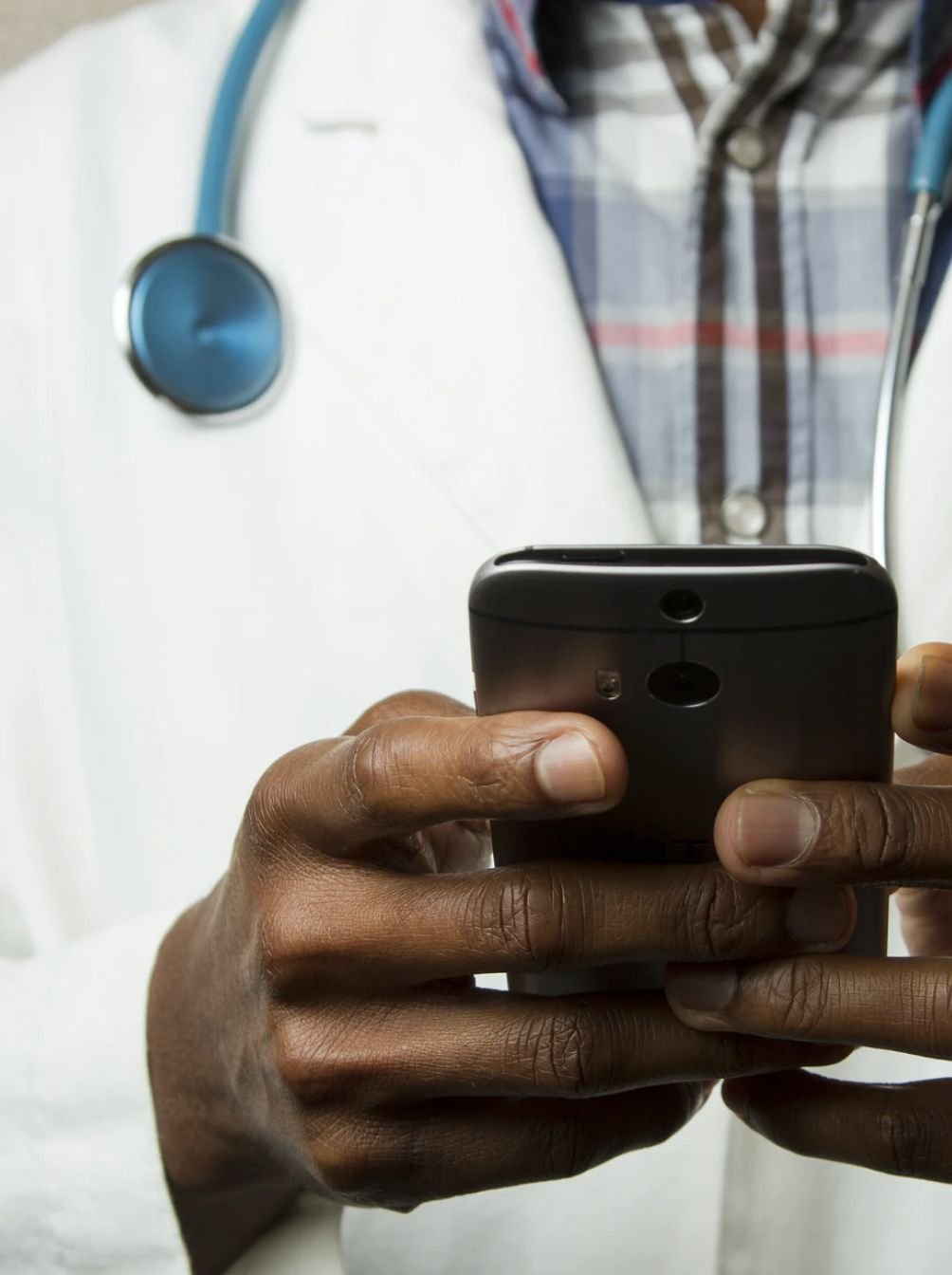Client Case Study: Philips
Small changes in how patients start med tech usage and complex care paths can make a big difference.
When Philips faced a change in how they introduced new patient equipment from in-person home visits to digital, they expected patient satisfaction to drop, extended usage to decrease, and equipment returns to increase.
Increasing adoption of a new medical technology care path, and providing empathetic support to many unique patients is a huge challenge. When a patient is prescribed a medical device, such as CPAP, they not only have to learn how to use it properly but also alter their behavior to adopt the therapy into their life. Two critical business financial impacts are the choice to keep the equipment, and the decision over time to keep using the equipment and ordering replacement parts.
Philips was seeking efficient ways to increase patient participation in the onboarding call, to teach patients how to use the device, to adhere long term, and, ultimately, to reduce returns of used CPAP devices.
Affective Health’s unique interactive services allowed Philips to deliver custom support to patients learning their new device and provide scaled custom guidance from sleep therapists. Philips was surprised to find that patients liked this method of introduction better than the visits in person, had fewer questions and issues afterward and had higher overall satisfaction.
Patients who participated in this digitized onboarding, when compared to those patients who did not, showed a 33% improvement in returned and uncompensated devices and a 10% increase in adherence. This translated to $75 million annually in savings and efficiency for Philips.





